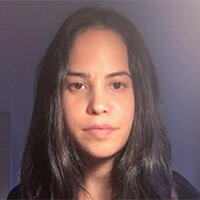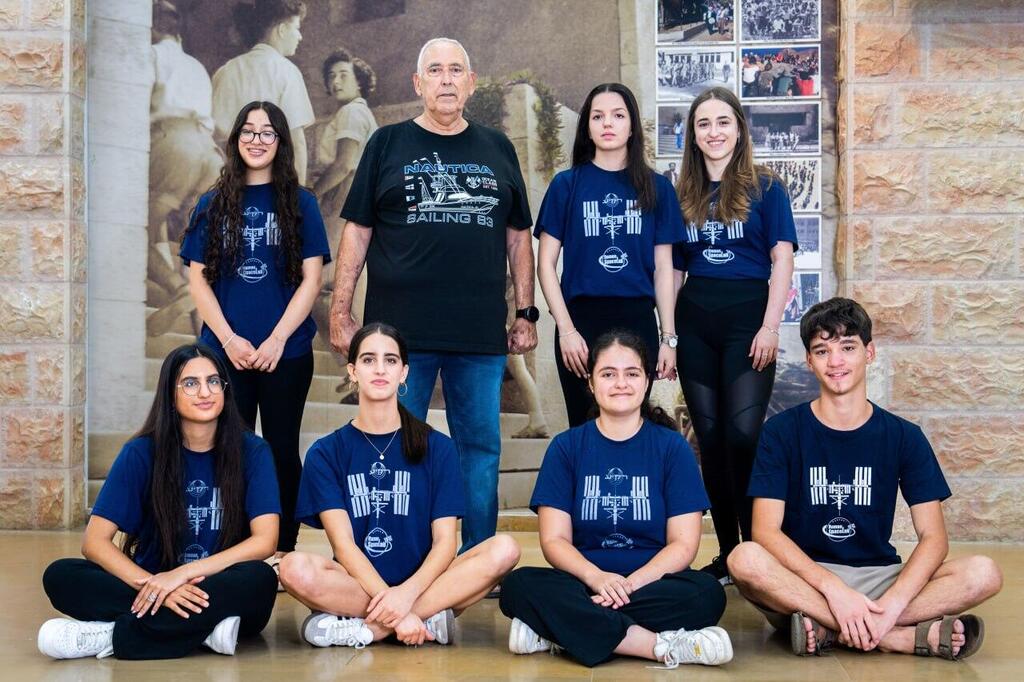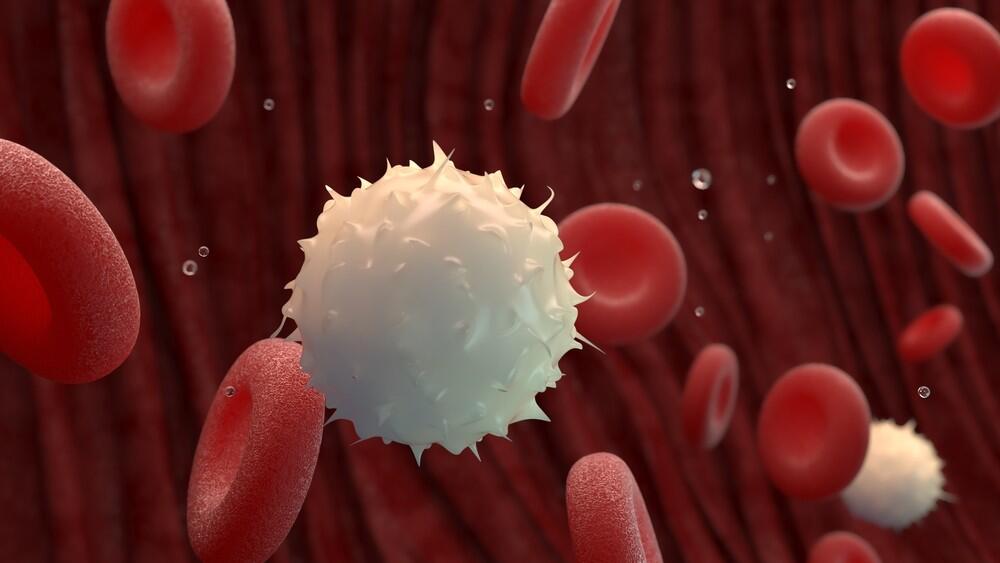Getting your Trinity Audio player ready...
Student from the Gymnasia Ha’ivrit a Jerusalem high school dedicated their entry to the Spacelab Ramon contest to finding a cure for cancer after their teacher, Nicky Basat was diagnosed with the disease. Together with the Ichilov Hospital team, they won first place and their project will be part of NASA's experiment in the space station.
The competition, which the Ramon Foundation holds every year, is part of an excellence program that allows Israeli students to learn about experiments in space. The prize for the first place winners is to send their experiment into space, where it is tested in zero gravity and other conditions that do not exist on Earth.
"The experiment started two years ago, when we were in ninth grade. As part of the program, we were asked to research something that would contribute to society and could be linked to space," says Naomi Dar, 16, one of the students on the team. "We started the year about two months late, and we didn't know why, they just said to us, 'the teacher can't come.' He told us that he had cancer and started chemotherapy. He is not just a teacher. He lives what he teaches. That's why we decided to do something related to cancer."
But they soon discovered that it was not a simple matter. "It was really difficult to find an experiment in this field that hadn't been done yet," said Dar. "We're not scientists, but in the end we found out that it is indeed possible." The subject that the students researched is immunotherapy. "This is a relatively new treatment method, in which white blood cells, which belong to the immune system, are taken and genetically engineered so that they will be able to fight the type of cancer that the person has," explains Leah Fisher, 16, one of the students who created the study, "our experiment will test whether the method works better in zero-gravity conditions in space. If it succeeds, it will help many cancer patients."
"There is nothing more exciting than their desire to help me"
Basat, 71, who shifted from high-tech to education about a decade ago, said that he was diagnosed with Lymphoma, "The chemotherapy weakened my immune system and some bacteria settled on my lungs. I went into intensive care, sedated and ventilated, so I didn't come to school. I quickly decided that I was going back to school even though I hadn't recovered yet."
"I told them what happened, they started researching the subject of immunotherapy and found out in one of the publications that in cases where there is no gravity, the white blood cells fight the cancer better. They linked it to each other and decided to do the experiment. There was a rare combination of intelligence and empathy. We have been together for a long time, I am connected to them and they are to me, and there is nothing more exciting than their desire to help me," Basat added.
To realize their vision, the students turned to Dr. Benzi Katz, the director of the hematology laboratory at the Ichilov Hospital, who was recruited for the task. The Ichilov team accompanied the students throughout all the stages of the experiment. "It was amazing that they involved us in the process and they helped us add more layers to the experiment. We would not have reached this scientific depth without them."
The students arrived in Ichilov to pack the blood cell sample, which was delivered to a shipping company. Soon it will be flown to the U.S. and from there to the NASA space station. "It's really exciting that we're going to send our research into space," Fisher said, "Honestly, we didn't think at first that this experiment would reach NASA." We were just worried about our teacher, we saw that it was difficult for him and we wanted to help him and other patients."
Dr. Katz said, "After consulting with the team of the immunotherapy laboratory, headed by Dr. Anat Globerson Levin, we decided to join the project and offer the students to plan an experiment in a breakthrough technology in cancer treatment. The engineering of killer lymphocytes, which are specifically directed against cancer cells. The research proposal impressed the international committee and it was chosen to be the one to be launched into space. These lymphocytes will be sent to the NASA station along with cancer target cells. After the test is repeated, an analysis of the cells will be conducted to check if the zero-gravity conditions had a positive effect on the process of killing the cancer cells."




